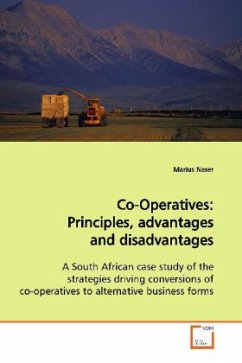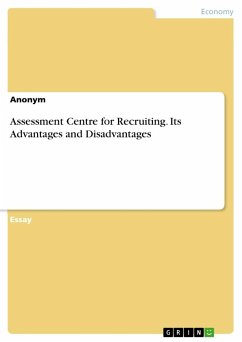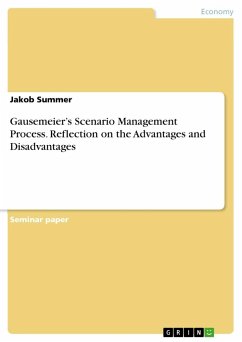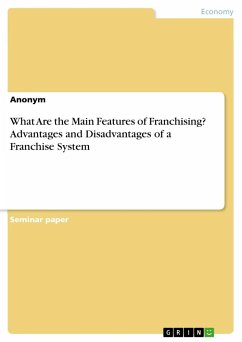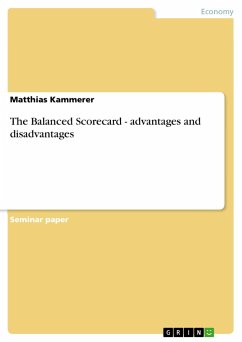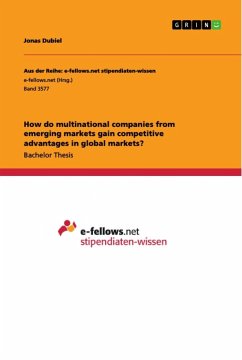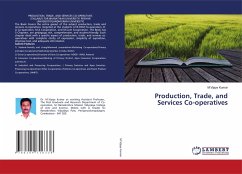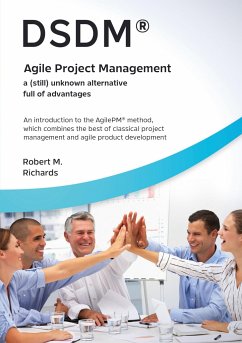During the period 1994 to 2004, the South African
Registrar of Co-operatives considered applications
and subsequently deregistered 102 agricultural and
non-agricultural South African co-operatives, which
then converted to alternative business forms. The
bulk of these conversions were done from 1997
onwards, with the majority of the conversions being
made to public or private company status. A study
was undertaken to establish the strategies driving
these conversions and how successful they were.
With
a changing legislative environment the findings may
provide a scientific basis to assist the current co-
operative concidering a conversion, to base its
decision upon. Key findings were the ability to
grow - or capital forming - as well as concerns of
voting rights in an organisation where patronage is
key to the shareholders'' influence in business
policy and principles.
Registrar of Co-operatives considered applications
and subsequently deregistered 102 agricultural and
non-agricultural South African co-operatives, which
then converted to alternative business forms. The
bulk of these conversions were done from 1997
onwards, with the majority of the conversions being
made to public or private company status. A study
was undertaken to establish the strategies driving
these conversions and how successful they were.
With
a changing legislative environment the findings may
provide a scientific basis to assist the current co-
operative concidering a conversion, to base its
decision upon. Key findings were the ability to
grow - or capital forming - as well as concerns of
voting rights in an organisation where patronage is
key to the shareholders'' influence in business
policy and principles.

